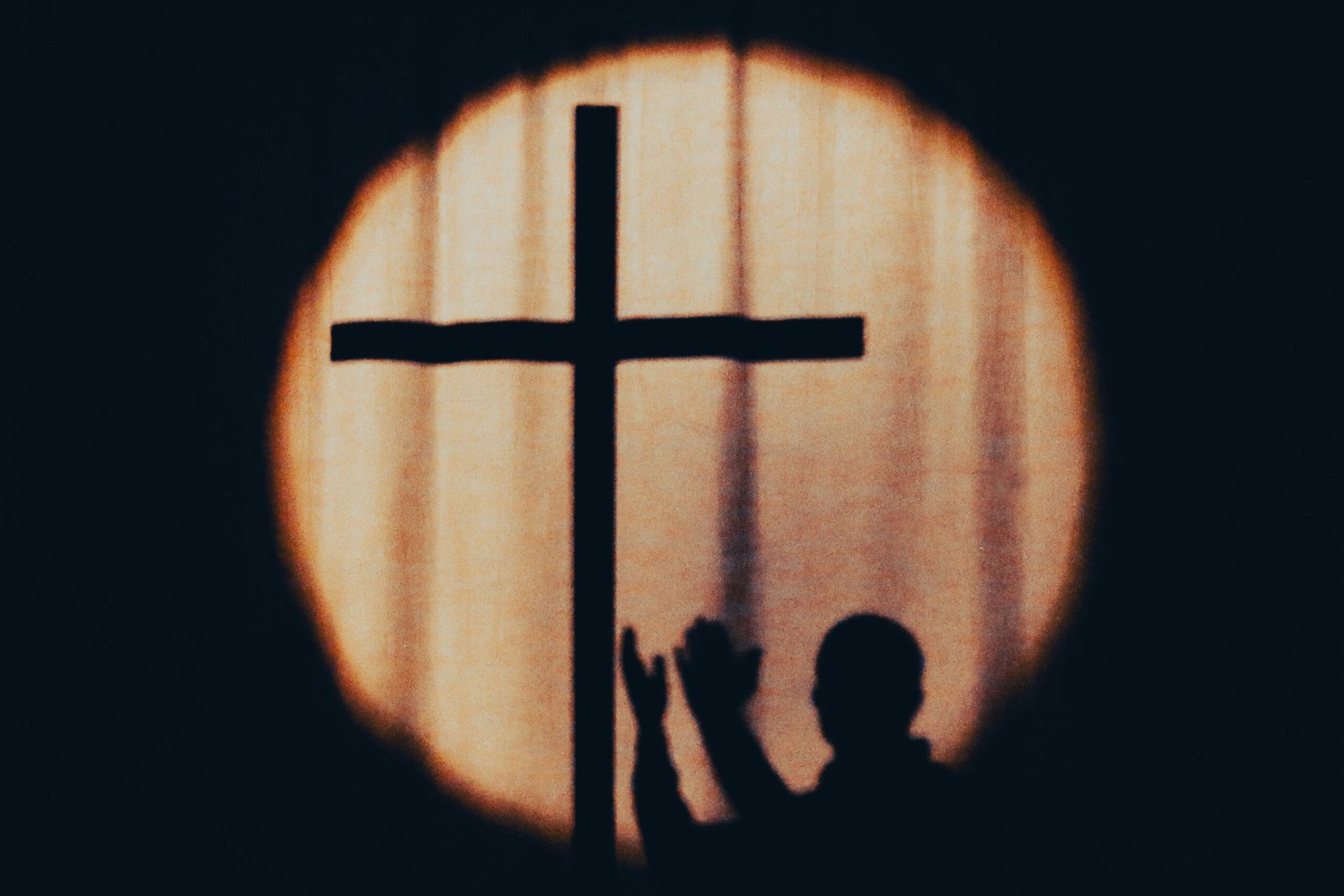
p. Luis CASASUS | President of the Idente Missionaries
Rome, May 07, 2023 | Fifth Sunday of Easter
Acts 6: 1-7; 1Pt 2: 4-9; Jn 14: 1-12.
In 1848, Dostoevsky published a short work titled White Nights, alluding to the time when the darkness in St. Petersburg is not complete, due to the high latitude of the city. It is the story of a sad and lonely young dreamer, who meets a young lady, who is also going through difficult times. The two fall in love, more or less platonically, each in his own way, and they talk for four nights. Finally, their relationship is shattered by the appearance of a former fiancé of the young lady.
Something relevant in this story is that the daydreamer, far from despairing, decides to live forever with the happy memories of those four nights in which they shared their dreams.
It is neither a typical “happy ending” nor a tragic form of concluding the story. In my opinion, Dostoevsky’s brilliance is in his way of telling us that true love is necessarily forever, it is based on eternity, even if the dreamer protagonist of the novel is content to live forever with the memory of those few days. This feeling, this longing for eternal love is reflected in poetry, theater, music or cinema of all cultures.
Indeed, today Christ refers to this awareness of every human being, but, of course, with a unique vision, not at all illusory, of what this feeling of eternal love means. He reveals to us that our heavenly Father has this same feeling, but He has always loved us. He has been preparing a dwelling place for each one of us forever.
In today’s text we see how the apostle Thomas, of meticulous intelligence, wants to know more details of the place where Jesus is going to depart, but Christ’s answer is very significant: Where I am going, you already know the way. And, at Thomas’ insistence, He then openly declares that He is going to the Father, not to a place like Mount Tabor or the Garden of Gethsemane. If we must speak of a place, we can in any case say that it is The Heart of the Father.
It is true, as Jesus says, that we know that place. First, because it is the center of our longing, our true home, our destiny. And also, because in following Christ, even if imperfectly, we have enjoyed the security of being on the way, of recognizing in the landscape of sorrows and joys, the divine presence, sometimes very discreet, sometimes very “personalized”, like a sign that for others means little, but that perhaps for me is very revealing of that presence. A recent example:
Last week, a brother told me about an encounter with an old female friend. Her job is to organize events. At a baptism party she had prepared, a heavy wooden plank she had had set up as decoration fell, pushed by a sudden wind and shattered a table from which the guests had just gotten up. A few days later, she saw her sister looking a somewhat worse for wear and took her to the doctor, who found nothing unusual. For some reason, she insisted to the doctor to have a CT scan. A brain tumor was discovered, her sister was successfully operated on and thus saved her life.
To almost everyone it will seem like a coincidence. And, even if it was, Providence is capable of using EVERYTHING (including “coincidences”) to tell us that there is a Father who looks at us, trusts us and waits for us. This woman concluded that God was asking her to do something for the others, even though her personal life was full of difficulties and setbacks. And now she has begun a new stage in her journey with Christ.
—ooOoo—
This is how we experience what today’s Gospel says: No one comes to the Father except through me. We feel the presence of our heavenly Father in everything and everyone and we find in Christ the way to embrace him, to unite ourselves to him from this moment on. Without Christ, there is no way.
It happens to us like a prisoner in the First World War who escaped from the internment camp. He was assisted by a native fellow who led him through a thick forest and from there to freedom and back home. The native fellow walked ahead and the man followed him from behind. With great difficulty they were finding their way through thorns and bushes, and ups and downs, and twists and turns, and the man got very tired. He then asked the native fellow: Are you sure this is the way? The native fellow looked at him, and he said: There is no way. I am the way. If you want to be free and go home, then you have to just follow me.
Certainly, to see Christ, no matter how little we know about Him, is to see the Father. We can only look at Him, and see Him, when we are truly pure of heart, that is, when we recognize that we still have intentions (and we use them) not to live the abnegation of our judgments and desires… then we do see God (Mt 5: 8).
In this regard, the following story is well known in the spirituality of our Orthodox brothers. Saint Isaac the Syrian tells us a story about a disciple who was praying to see angels and when God granted him his request, the disciple went to inform his spiritual father of the gift he had received. But the spiritual father told him to go back and ask God to take this gift from him and grant him to see his own sins rather than angels for: He who is accounted worthy to see himself (and his sins) is greater that he who is counted worthy to see angels.
To see the Father is not to understand intricate theological truths, but to do what Christ does, to say what he says, to love as he loves… because the Father does, says and loves in this way. Thus will be fulfilled in us that enigmatic but precise affirmation of Christ that we hear today: You will do the works that I have done, and even greater. The only explanation: Because I now go to the Father, that is, because He now entrusts to us completely the same mission that He received. To be aware of this should be enough to live the spiritual maternity and paternity that pushes the Holy Spirit to work miracles with our modest works of mercy.
—ooOoo—
Alongside this marvelous and real presence of the Father and the Son among us, we must not forget what the First Reading conveys today: the continuous difficulties of living together among us. In families, in religious communities, at work, among neighbors… This is a constant reality among us, human beings subjected without exception to our passions. But it is also the opportunity for the peace that only God can offer us to manifest itself.
In the Acts of the Apostles, St. Luke presents us with the conflict between two groups of Christians: The Greek Jews and the Hebrews. Surely, there was no bad intention in anyone, but it is a good illustration of the disastrous power of misunderstandings and different sensitivities. How often we forget, in practice, this reality, perhaps moved by a desire for justice that is mixed with our poor self-denial and our impatience.
The Second Reading warns us, with the symbol of the cornerstone, Christ, that he can become an instrument of salvation… and also of scandal. The decision is up to us. And it does not depend on our intelligence, because it does not take a genius to understand what happened in the first Christian community of Jerusalem, which was able to give an example of unusual communion and generosity, soon after deteriorated by disunity and jealousy.
But divine inspiration manifested itself in full force: The Twelve came together in communion, giving an example of what everyone in the Church today calls “synodality”: in truth, they knew how to walk together under the light of God.
Truly, this beautiful unity cannot be destroyed if division does not reign within each one of us. He spoke of the divided heart, of how tragic it is to serve two masters, of one’s own will and God’s will…Jesus never tired of repeating this warning, which perfectly and completely represents what your ascetical effort and mine must be.
Today, in particular, Christ’s words speak to us of an extreme, total unity between his life and that of the Father. It may seem paradoxical, but it is the heavenly and evangelical logic: I can only attain my intimate unity if I am first truly united to Christ.
Our Father Founder continually taught us that unity is always possible, and he lived this faithfully in times of persecution and when he was deeply wounded by envy, misunderstandings or the betrayal of some. He always lived united to the grateful memory of the people who guided him in faith, but also to the authorities of the Church who could not or would not understand his good will, and to those who for some time walked beside him and, for whatever reason, abandoned him in his journey, nourished only by faith and hope.
Let us pray today to the Holy Family so that their way of living in this world may transmit to us the unity that Christ reveals to us today between Himself and our Father.
_______________________________
In the Sacred Hearts of Jesus, Mary and Joseph,
Luis CASASUS












